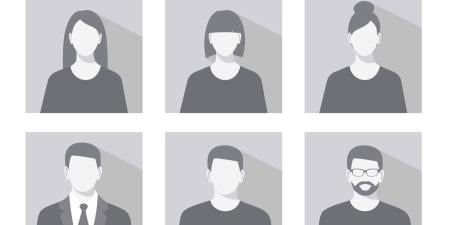Personalized Medicine
For the Hippocratic physicians of 400 to 300 BCE, personalized medicine meant rebalancing a patient’s four humors—blood, phlegm, bile, and black bile—by altering individual behavior and habits. To twenty-first-century physicians, personalized medicine means testing a patient’s genome to assess risk for and diagnose disease; then treating it with drugs designed specifically for genomes like the patient’s. August contributors examine ethical and justice concerns created by the ability to predict future health states, the cost of genetic testing and treatment, and the information that one person’s genes may divulge about family or social group members.












